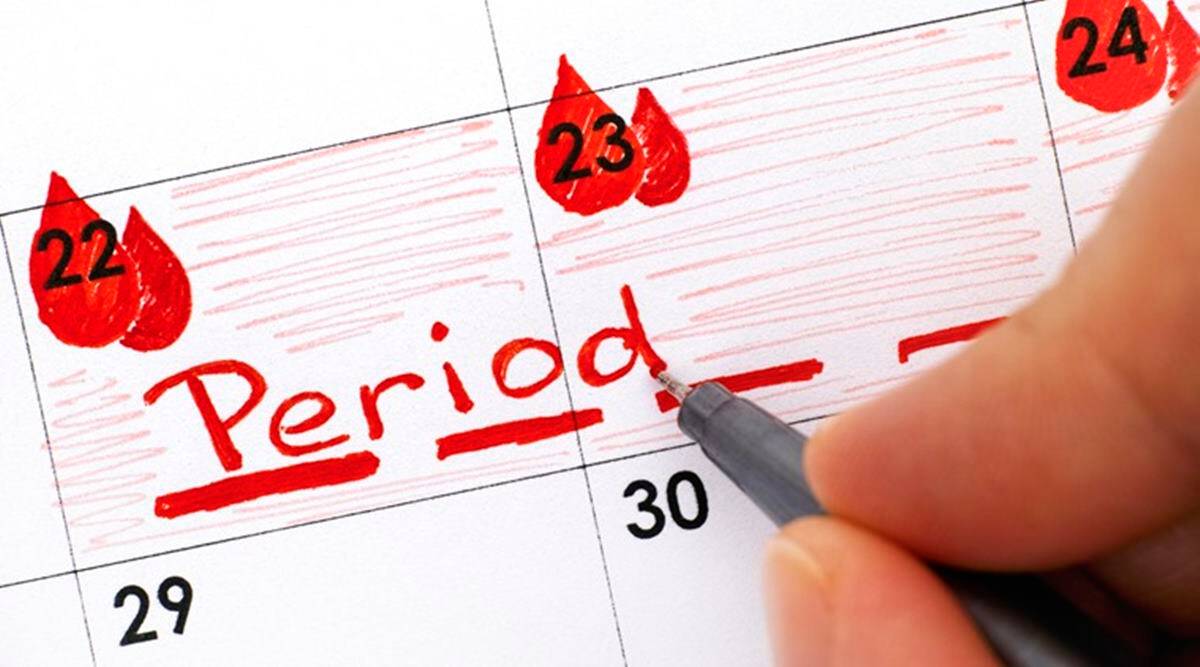If you have heavy periods, also called menorrhagia, you probably know how it is to avoid activities and even stay home because of increased blood flow. Moreover, heavy periods may be accompanied by severe cramping and unbearable pain. In this case, it is essential to visit your gynecologist to evaluate your condition and choose the pepper treatment plan. In this article, we gathered six alarming causes of heavy periods you shouldn’t neglect.
1. Uterine fibroids
Uterine fibroids can easily make your periods heavier since they grow in the uterus and may aggravate the bleeding. These non-cancerous tumors usually affect women of the reproductive age. In some women, they can grow asymptomatically while in other can grow quite large and cause unpleasant symptoms like:
- Pelvic pressure
- Spotting
- Pain during sex
- Fertility issues
Due to the fact that fibroids are caused by estrogen increases, its natural decrease during menopause can make them disappear. However, if fibroids interfere with your regular activities, you can ask your doctor how to treat fibroids.
2. Endometriosis
Endometriosis tends to be one of the most common causes of heavy bleeding during periods. This condition occurs when the inner lining of the uterus that is called the endometrium grows outside the uterus on the other pelvic organs. As a result, these organs become pasted together and can cause a lot of severe complications.
If you have endometriosis, your endometrium gets thicker then it should be. When it comes to periods, it sheds and the bleeding becomes more severe. Unfortunately, there is no complete cure for endometriosis but you can ask your gynecologist about treatment options that will help manage its symptoms.
3. Adenomyosis
Adenomyosis also involves the endometrial tissue but its nature is quite different. This condition makes the endometrium grow into the uterine walls. This also leads to the endometrium thickening and heavy blood flow during periods.
The most common symptoms of adenomyosis include pain during sex, heavy periods, severe menstrual cramps, and spotting. If you were diagnosed with this condition, it is important to stars treatment as early as possible. Adenomyosis causes severe fertility issues that can be quite hard to treat.
4. Hypothyroidism
Hypothyroidism occurs when your thyroid gland doesn’t work properly and doesn’t produce enough thyroid hormones. A lack of thyroid hormones can cause heavy periods, weight gain, problems with defecation, increased blood cholesterol, and other symptoms.
The main problem is that hypothyroidism can cause different symptoms in different people and this can lead to the late diagnosis. That’s why it is often confused with other conditions. Medication and hormonal therapy are considered the most common treatment options for
hypothyroidism.
5. Cancer of the reproductive system
Uterine or cervical cancer can also increase blood flow during periods. Uterine cancer can cause pain during sex and problems with urination in addition to heavy periods. Cervical cancer cause unusual vaginal discharge and pain during sex as well.
It is essential to treat cancer as early as possible to avoid further complications. That’s why you shouldn’t skip gynecological check-ups and perform additional tests (like Pap test or cervical biopsy).
6. PID
Pelvic inflammatory disease (PID) is an inflammation that affects female pelvic organs, In most cases, it is caused by an untreated sexually transmitted infection but other infections (for example, bacterial vaginosis) can also contribute to its development.
PID usually causes abnormal discharge, severe pelvic pain, and fever, It can also increase the blood flow during periods. You should know that untreated PID can cause scarring and adhesions that may interfere with your fertility. In this case, it can be almost impossible to improve your fertility.
















